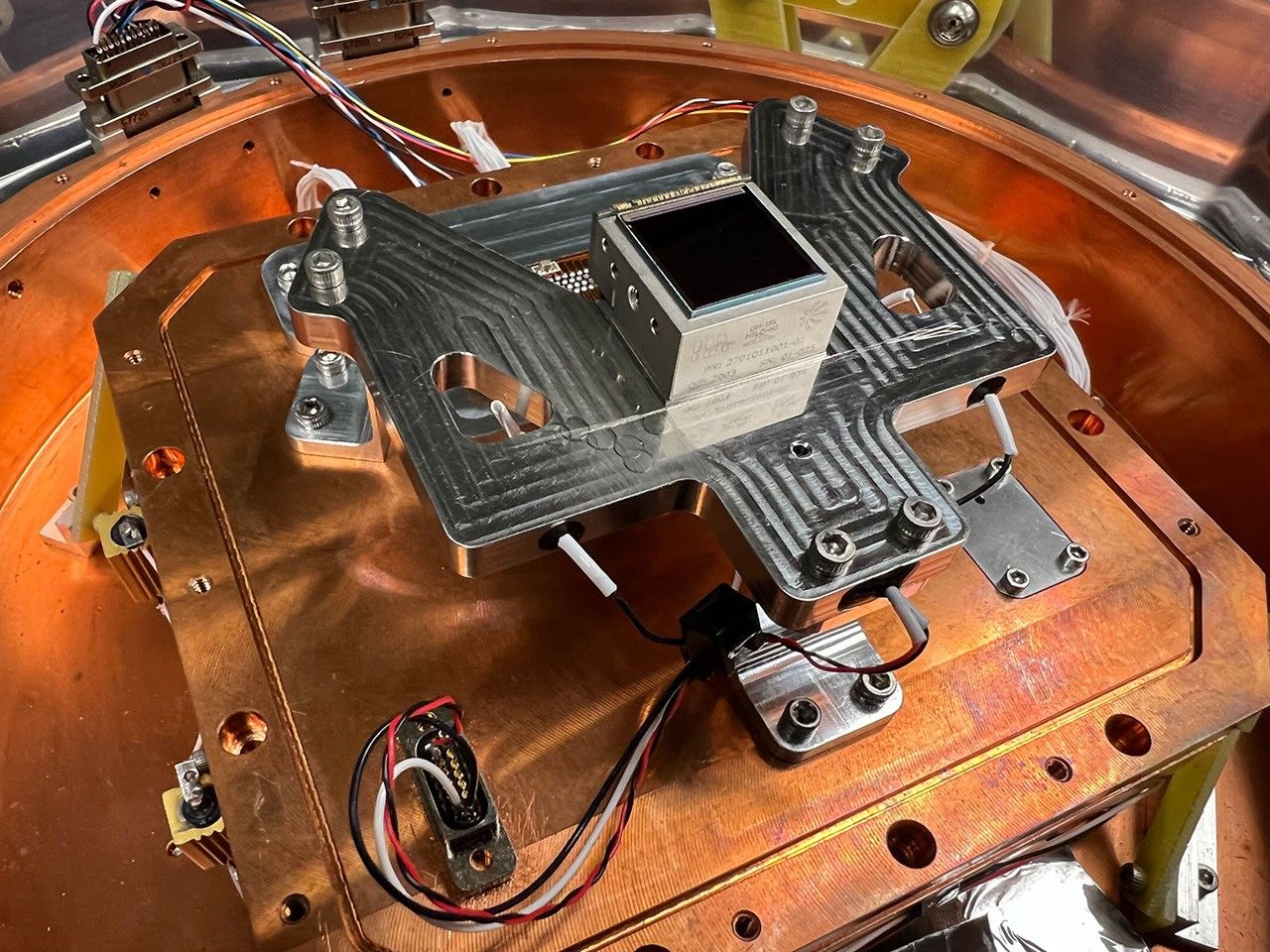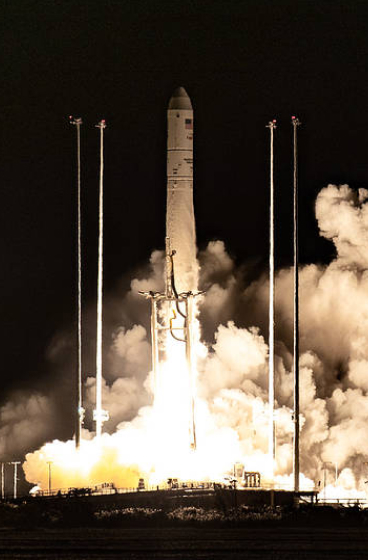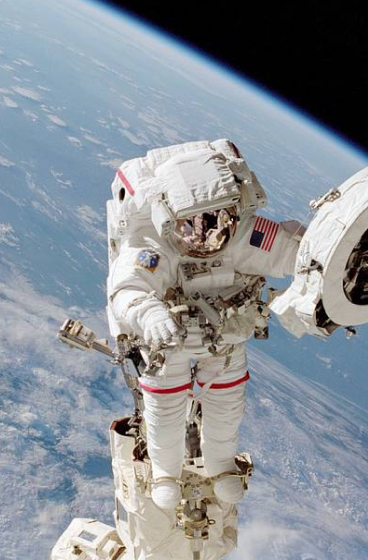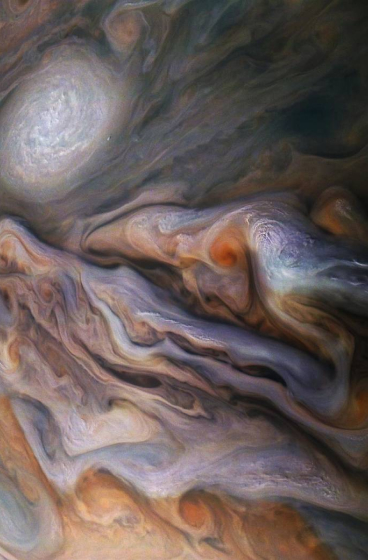2 min read
Preparations for Next Moonwalk Simulations Underway (and Underwater)
During the Apollo program, when NASA sent humans to the Moon, those missions took several days to reach the Moon. The fastest of these was Apollo 8, which took just under three days to go from Earth orbit to orbit around the Moon.
Now it’s possible to save some fuel by flying different kinds of trajectories to the Moon that are shaped in such a way to save fuel. And those trajectories can take more time, potentially weeks or months, to reach the Moon, depending on how you do it.
Mars is further away, about 50 percent further away from the Sun than Earth is. And reaching Mars generally takes somewhere between seven to ten months, flying a relatively direct route.
NASA’s Mars Reconnaissance Orbiter mission took about seven and a half months to reach Mars. And NASA’s MAVEN mission took about ten months to reach Mars.
Jupiter is about five times further away from the Sun than the Earth is. And so in order to make those missions practical, we have to find ways to reduce the fuel requirements. And the way we do that is by having the spacecraft do some flybys of Earth and or Venus to help shape the spacecraft’s trajectory and change the spacecraft’s speed without using fuel. And using that sort of approach, it takes between about five to six years to reach Jupiter.
So NASA’s Galileo mission, the first mission to Jupiter, took just a little over six years. And then NASA’s second mission to Jupiter, which was called Juno, took just under five years.
So to get to the Moon takes several days. To get to Mars takes seven to ten months. And getting to Jupiter takes between five and six years.
[END VIDEO TRANSCRIPT]






